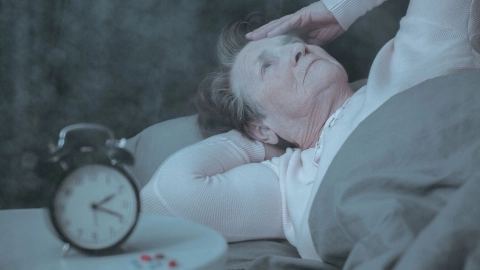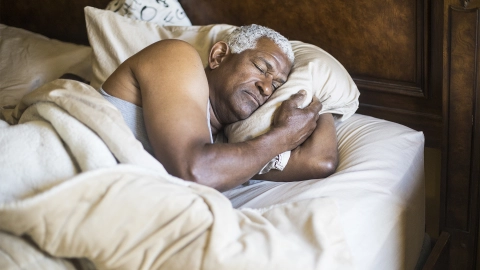ICD-Code G47.8: Other sleep disorders
You are having sleeping problems.
There are different reasons why we sleep. The reasons have not been fully understood. So far we know, for example, that sleep helps the body to recover. Sleep also develops the memory, and it brings feelings into equilibrium. Sleep has a particular sequence. There are deep sleep phases and lighter sleep phases. These phases alternate during sleep. The sleep-wake cycle is controlled by different influences such as messenger substances in the body. These messenger substances can be influenced by activity and light.
When someone sleeps poorly, they may have a variety of symptoms. They may be very tired during the day, or find it hard to concentrate. Sleep problems can contribute to various disorders.
Additional indicator
On medical documents, the ICD code is often appended by letters that indicate the diagnostic certainty or the affected side of the body.
- G: Confirmed diagnosis
- V: Tentative diagnosis
- Z: Condition after
- A: Excluded diagnosis
- L: Left
- R: Right
- B: Both sides
Further information
Source
Provided by the non-profit organization “Was hab’ ich?” gemeinnützige GmbH on behalf of the Federal Ministry of Health (BMG).



